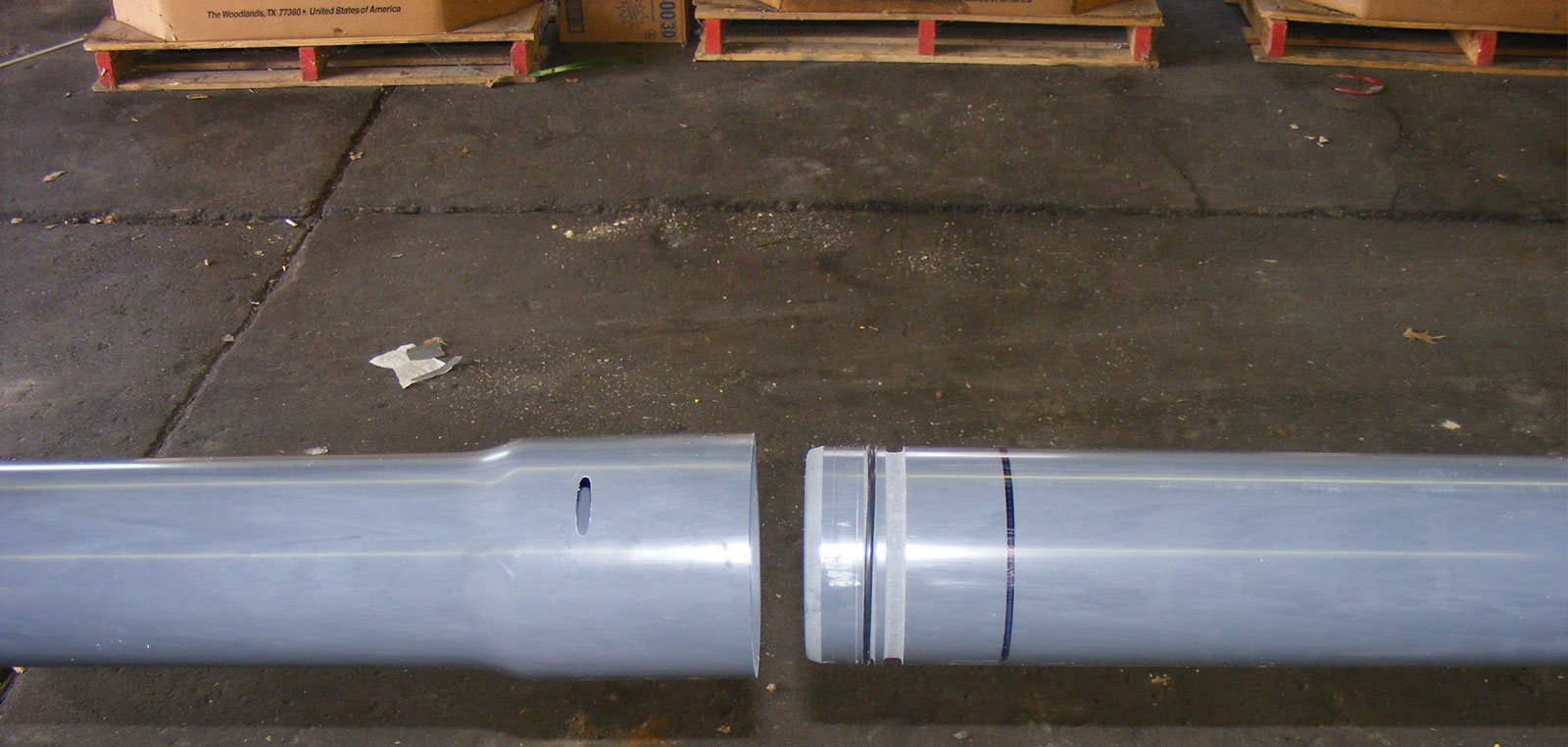
Illinois Takes a Major Step Toward Replacing Its Lead Service Lines
The Lead Service Line Replacement and Notification Act will put the health of Illinoisans first—particularly those who bear the brunt of toxic lead exposure.
The Illinois General Assembly passed a landmark bill last night that requires the state’s utilities to replace all remaining lead service lines, the primary culprits behind lead contamination in drinking water. The bill, which also includes a new state fund to help utilities complete the project within the required time frame, is now headed to Governor Pritzker to be signed into law.
Health experts agree there is no safe level of lead exposure: The heavy metal can cause serious and irreversible damage to the body, affecting the nervous system, fertility, and cognitive ability, among other functions. Children, fetuses, and pregnant individuals are at highest risk. Due to these health impacts, lead pipe installation was banned by Congress in 1986, but at least 686,000 lead lines—and up to 1.4 million—remain in use across Illinois, which has the most lead service lines of any state, totalling about 12.5 percent of all the remaining lead lines in the nation.
“Lead in drinking water is one of the biggest environmental health threats facing Illinois—and the country—but this law will make the state an example of how we can fix the root of the problem in an equitable way,” says Jeremy Orr, senior staff attorney for the Safe Water Initiative at NRDC, which supported the bill.
Critically, the Lead Service Line Replacement and Notification Act prioritizes lead line replacements for communities currently at the highest risk of lead exposure. Based on recent analysis by the Metropolitan Planning Council (MPC), another supporter of the bill, Illinois’s Black and Latino residents are twice as likely as white residents to live in areas with the most lead service lines. “Access to clean, safe drinking water is essential to life,” says Brenda Santoyo, policy associate at the Little Village Environmental Justice Organization, which also backed the bill. “This law will invest in neighborhoods like Little Village and finally address the health threats caused by lead in drinking water in communities that are already overburdened with other environmental injustices.
Read more about replacing lead services lines in Illinois here: https://on.nrdc.org/34BV1gH
